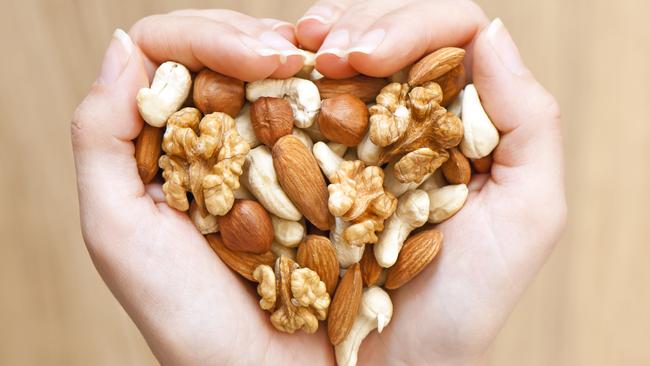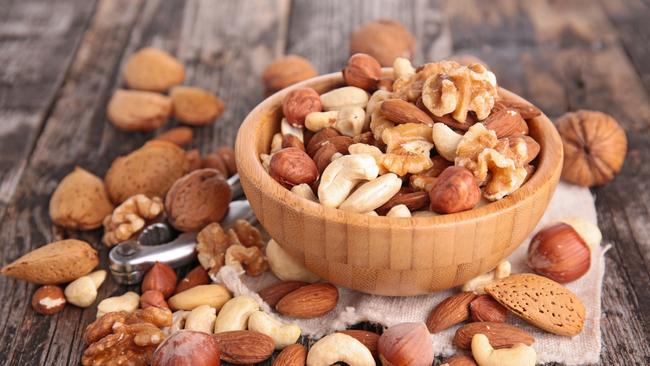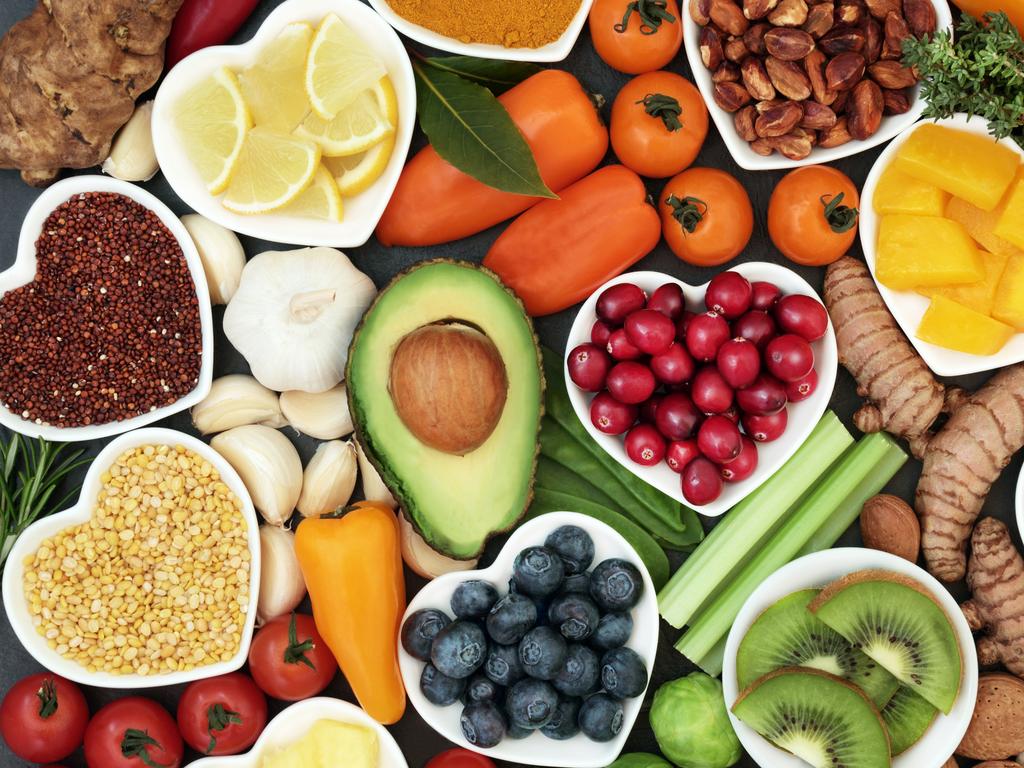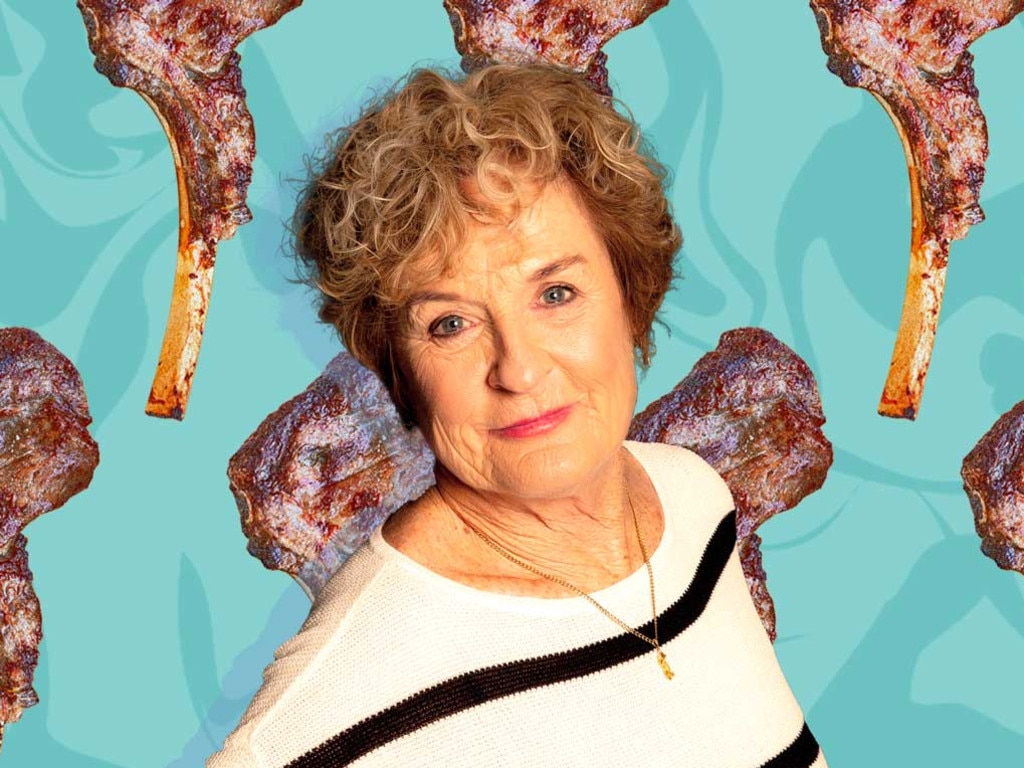Nuts have been given a bad rap: eat them with a clear conscience
Yes, there is fat content in nuts. The question is, are we absorbing enough of it to be harmful or cause weight gain?

Nuts are among the healthiest foods on the planet, but many people are wary of eating them because of their high calorie content. But what if everything we knew about the calories in nuts was wrong?
Evidence continues to emerge that suggests this may well be true, and that nuts have been unfairly maligned when it comes to nutritional labelling.
Following several research studies in the US that have indicated nutritional labels appear to overestimate the amount of calories in nuts, University of Wollongong researcher Cassandra Nikodijevic recently undertook a systematic review of the literature that turned up some startling findings.
She documented flaws in the kilojoule count of a wide variety of tree nuts and peanuts and concluded that in some cases nuts may provide up to 26 per cent fewer kilojoules than what is reported on nutritional labels.
“When it comes to nuts, our bodies can’t absorb all the fat they contain and traditional kilojoule counts do not factor this in,” said Ms Nikodijevic, a dietitian and PhD candidate in the UOW School of Medical, Indigenous and Health Sciences.
“Due to the crunchy texture of nuts, a portion of the fat remains locked within their fibrous cell walls and cannot be absorbed by our bodies. It is excreted out.”
Ms Nikodijevic’s review examined 21 papers that analysed the faeces of participants to identify how much of the fat from nuts was digested and converted into energy in the body, and how much was excreted. She found that almonds were up to 26 per cent lower in kilojoules than they are reported to be on nutritional labels, walnuts were 22 per cent lower, cashews up to 14 per cent lower and pistachios 5 per cent lower.
The finding that a sizeable proportion of the fat in nuts was excreted undigested challenges the calculations of the Atwater system, which is the mandated kilojoule measuring system for Australian food labels and has been used globally to calculate the kilojoule content of foods for 100 years.

“In comparing the data on the kilojoules from nuts our bodies actually digest, versus standard Atwater measures, we consistently found the kilojoules in nuts and peanuts had been significantly overestimated,” Ms Nikodijevic said.
“What the Atwater system doesn’t consider is how those macronutrients interact with the body, so not all of the fat that is in nuts is actually absorbed by the body.
“The fats within nuts are found within their cell walls. Some of these cell walls are broken due to chewing and the broader digestion process, but … not all of them.
“The fats … within cell walls that are not broken cannot be accessed by the body.”
She said the extent to which the cell walls are broken varies based on the type of nut and factors such as whether they are whole nuts, chopped, roasted or raw. Changes to the cell walls caused by crushing or roasting increases the amount of fat that can be absorbed, so nut butters, crushed nuts and roasted nuts will provide more kilojoules.
The latest findings on nuts’ metabolisable energy may go a long way towards explaining why it has been consistently shown that nut consumption is not associated with weight gain despite their high fat content and calorie count.
Researchers are now pushing for the dissemination of accurate information to the Australian public about the energy content of nuts in the face of evidence that many people avoid eating nuts altogether over concerns about weight gain. Only an estimated two per cent of Australians eat the recommended 30 grams of nuts every day – consumption that provides a significant benefit to heart health. Eating nuts daily has been found to reduce the risk of cardiovascular disease by 15 per cent.




To join the conversation, please log in. Don't have an account? Register
Join the conversation, you are commenting as Logout